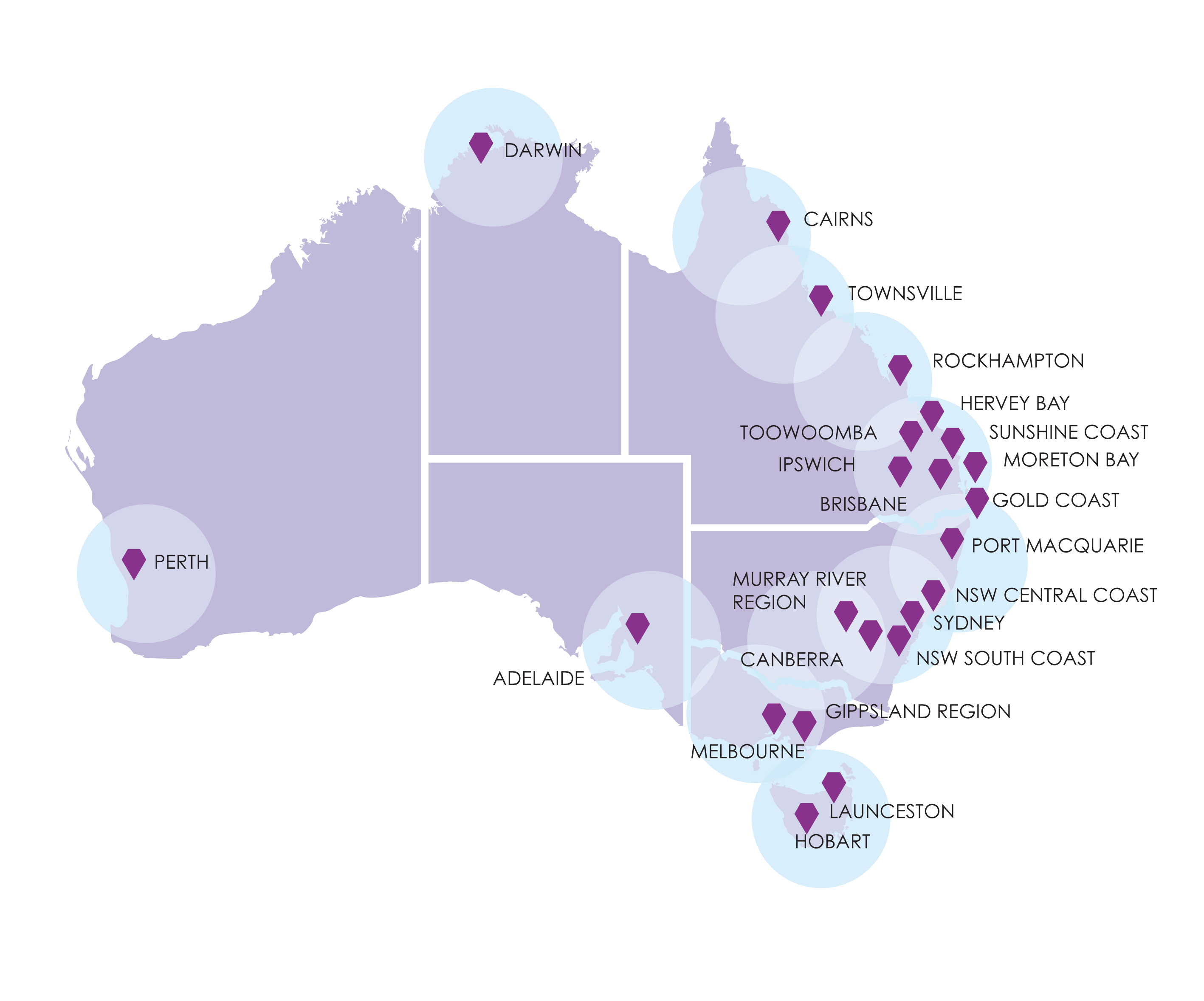R U OK? Day is a national suicide prevention initiative developed in 2009, that encourages us to act and ask, “Are you okay?” to anyone who might be struggling with life.
According to the Australian Institute of Health and Welfare, over 3,000 Australians die from suicide each year, whilst 65,000 Australians will make a suicide attempt. More than ever, it is vital to be able to spot signs of suicide risk and engage in meaningful conversations to safely support those who are struggling.
Understanding R U OK Day
R U OK? Day is an annual event observed in Australia, dedicated to inspiring and empowering everyone to engage in meaningful conversations and ask a simple but powerful question: “Are you okay?” This year, the theme is “I’m here to hear,” emphasising the power of listening and fostering an atmosphere of support and empathy. The theme “I’m here to hear” reminds us of the profound impact that listening can have on someone’s mental well-being. Sometimes, all it takes to make a difference is to lend an empathetic ear and offer a safe space for individuals to share their thoughts and feelings.
What are Signs Someone May Need Support?
Have a look around you at the people in your life and consider whether they have experienced any changes that might give you the indication they are not okay. Look out for changes in their physical appearance, mood, behaviour, and thoughts.
Ask yourself if they are displaying any of the following warning signs:
- Withdrawing from others
- Losing interest in things previously enjoyed
- Irritability, mood swings, or easily upset
- Engaging in risky behaviours
- Thinking the worst or struggling to see a positive side.
How Can I Help?
Despite the worrying statistics around suicide, it is possible to prevent suicide. By simply asking how people are and offering your support, you can help combat feelings of isolation for others and help guide them to appropriate help.
Step 1: Ask R U OK?
- Be relaxed, friendly and concerned in your approach.
- Help them open by asking questions, such as “How are you going?”
- Mention specific things that have made you concerned for them, such as “You seem less chatty than usual. How are you going?”
If they don’t want to talk, avoid forcing them to engage in a conversation. Confirm that you are concerned about the changes you have noticed and that you care about them.
Step 2: Listen
- Listen without judgement.
- If they need time to think, sit patiently with the silence.
- Encourage them to explain, “How long have you felt that way?”
Step 3: Encourage Action
Help them find strategies to better manage their load. Remember, you do not need to have all the answers, but encourage them to seek the support they need. Be positive about the role of
professionals in supporting us through tough times. If they’ve been feeling down for more than 2 weeks, encourage them to see a health professional.
- Ask: “What have you done in the past to manage similar situations?”
- Ask: “How would you like me to support you?”
- Ask: “What’s something you can do for yourself right now?
Step 4: Check-In
Staying in touch and following up shows genuine care and concern and can make a real difference. Pop a reminder in your diary to call them in a few days, or a week or two. You could say: “I’ve been thinking of you and wanted to know how you’ve been going”. Ask if they have found a better way to manage the situation. If they have not done anything, don’t judge them; they might just need someone to listen to them for the moment.
Additional Resources
- Speak to your manager, your supervisor, or your HR if you are concerned about someone at work
- Connect the person to a GP or encourage them to contact Lifeline on 13 11 14
- If you believe someone is in immediate danger, contact 000






